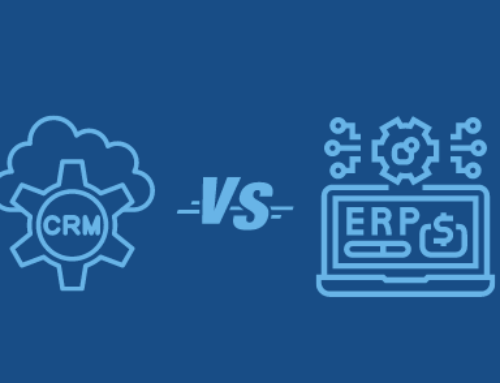Your Customer Service Team Needs a System
When people hear about Salesforce, the first thing they think of is sales, but many people do not know that Salesforce’s Service Cloud does more revenue than its Sales Cloud offering.
For many Building Product Manufacturers, leaders may hear Service Cloud and think, “So what? I do not have a high volume call center, and my distributors and contractors handle most issues anyway.” There may not be a high-volume call center. However, your order entry, claims, product defect, and shipping tracking team still process a lot of information, often doing that with spreadsheets, ERP, homegrown systems, sticky notes, or a less than ideal solution. It may not be the traditional call center use case that most companies have. Still, a lightweight service cloud implementation can often make a significant impact on this subset of users.
Here are some of the challenges we typically see in Building Product Manufacturing service processes and how Service Cloud helps alleviate them for building product manufacturers.
Shared inbox confusion: Often, there’s a customer service inbox and some mix of forwarding that email to a series of people until the issue is resolved. Service Cloud’s email-to-case feature can alleviate a lot of the pain associated with a shared email inbox. Emails that are sent to an inbox are sent directly to Salesforce and create cases. Salesforce can match the Contact, Account, and other key information based on rules set up in the email to case setup. Suppose customer service representatives prefer to work out of the email inbox. In that case, the email plugin can be set up, and the entire service process can be managed without ever logging in.
Lost accountability: Without a tracking system, customer support requests can easily be lost without a plan in place to figure out who owns what. Service cloud offers Queues, which allow cases that come in via any source to be picked up by the appropriate representative, if a case is too complicated or needs to switch from the customer support team to a finance team member, escalations allow cases to be promoted to the next logical person when a certain action happens.
Repetitive internal communication: Technical services and customer support are often pulled in to answer the same questions repeatedly. There may be reference material, but it is often hard to find or buried in a shared drive somewhere. Supercharging your reference material using Salesforce knowledge enables your support team to search for relevant reference material based on data in the case. This means that your reference material is not only stored in Salesforce but is also surfaced when relevant.
On top of the benefits for those on the service team, there are also benefits for those on the Salesforce team at your organization. Service people are generally system-oriented, and make fantastic ambassadors for the rest of your organization to adopt Salesforce.
Implementing Service Cloud could be just the move your team needs to take another step towards success. Tracking, cleaning up, and better communication on your leads, can make a great impact on your team. Want to know how to get started? Contact The Hunley Group today, let’s talk about success!






